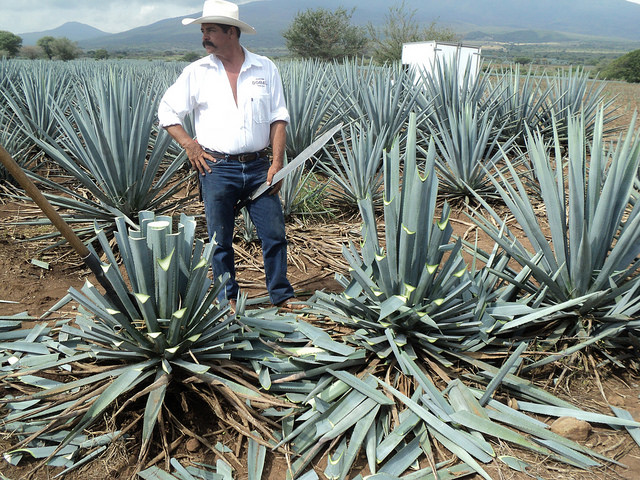Ability without honor is useless. – Cicero

The ability to wield a machete can help you in agriculture, or it can help you do less honorable things.
What does that mean?
A similar quote is attributed to Ralph Waldo Emerson, who said “Ability without honor has no value,” so it appears to be a popular thought.
Ability, in this quote, is talking about the capacity to do something. It doesn’t matter how impressive it is, but it means you can do something.
Honor, in this quote, is all about the knowledge and willingness to do what is right from a character or moral standpoint.
Together, being willing and able to do something, and to do so for the right reasons, is quite useful and helpful.
Conversely, being willing and able to do something, but doing so for the wrong reasons, is at best useless, but at worst criminal and even evil.
Why is honor important?
In the context of the quote, honor is the key. We all have ability to do any variety of things. Depending on your manual dexterity, you may be able to tie your own shoes. If someone else was having difficulty, helping them properly tie their shoes would be honorable.
However, tying their shoes together would be without honor, and at best, be useless or of no value. But if you then encouraged them to stand and try to walk, that would be worse than useless, and be pushing the line of cruel towards evil. At the very least, it wouldn’t be nice.
The ability to do something and the discipline to only do it right and well are two completely different things. With the concept of honor, the ability to understand the difference between doing something with good intent and ill intent, and the determination to only do good, what we do will be helpful.
Without honor, what we do may be helpful, or it may be harmful. Most inventions, or even household chemicals, can be used to help or harm. Without honor, others can be harmed, injured or even killed. With honor, the danger is reduced, and others are helped instead.
Where can I apply this in my life?
You might be wondering why I chose a ‘tie their shoelaces together’ as an example. That is because back in school, I did just that. A friend had become fairly intoxicated and fell asleep while we were listening to an album, and the mischievous side of me came out and tied his shoelaces together.
While he wasn’t injured, he wasn’t happy with me for a while. I justified it as what he deserved for not being able to stay awake, but in reality, it was flat out cruel. It was uncalled for, and inappropriate and without honor. In short, I was acting as the quote stated. I was without any good use.
In that particular incident, I was less than honorable. While it was funny at the time, and has resulted in laughs over the years, it would have been better for all involved if we had just been a little more honorable. We could still have had something to laugh about, and my honor could have been maintained.
This was a learning experience for me, and has stuck with me over the years. Just because I could didn’t mean I should have. Take a moment and consider some of the things you have done over the years. Have you done something that was a little less than honorable? Can you think of more than one instance? I know I can.
The question is what are you going to do about it? I imagine most of us, given the time to reflect, would learn from the experience, and not do something like that again. We might find some way to not be as mean, as cruel, or as dishonorable next time. Or we might not do it ever again.
I ask that you consider the times in your life when you have been less than honorable. What could you do differently next time such an opportunity was presented to you? Could you avoid temptation completely, or at least keep at least a little bit of honor in your response?
Perhaps the results of a prior experience were sufficiently enlightening to cause you to already forswear such action. We all react differently to these events, and we can all learn from our mistakes, as well as the mistakes of others. We can learn honor by seeing the dishonor in others and ourselves.
The question we are left with at this point is “What will you do to not be useless?” What will you do to be honorable in all your actions, and to use your abilities for the good of yourself and of others? It is a question we must ask of ourselves, and then answer, if we are to take an active role in our decisions and our lives.
From: Twitter, @philo_quotes
confirmed at : Presently unconfirmed, probably a creative translation or misattribution.
photo by Luis Romero
